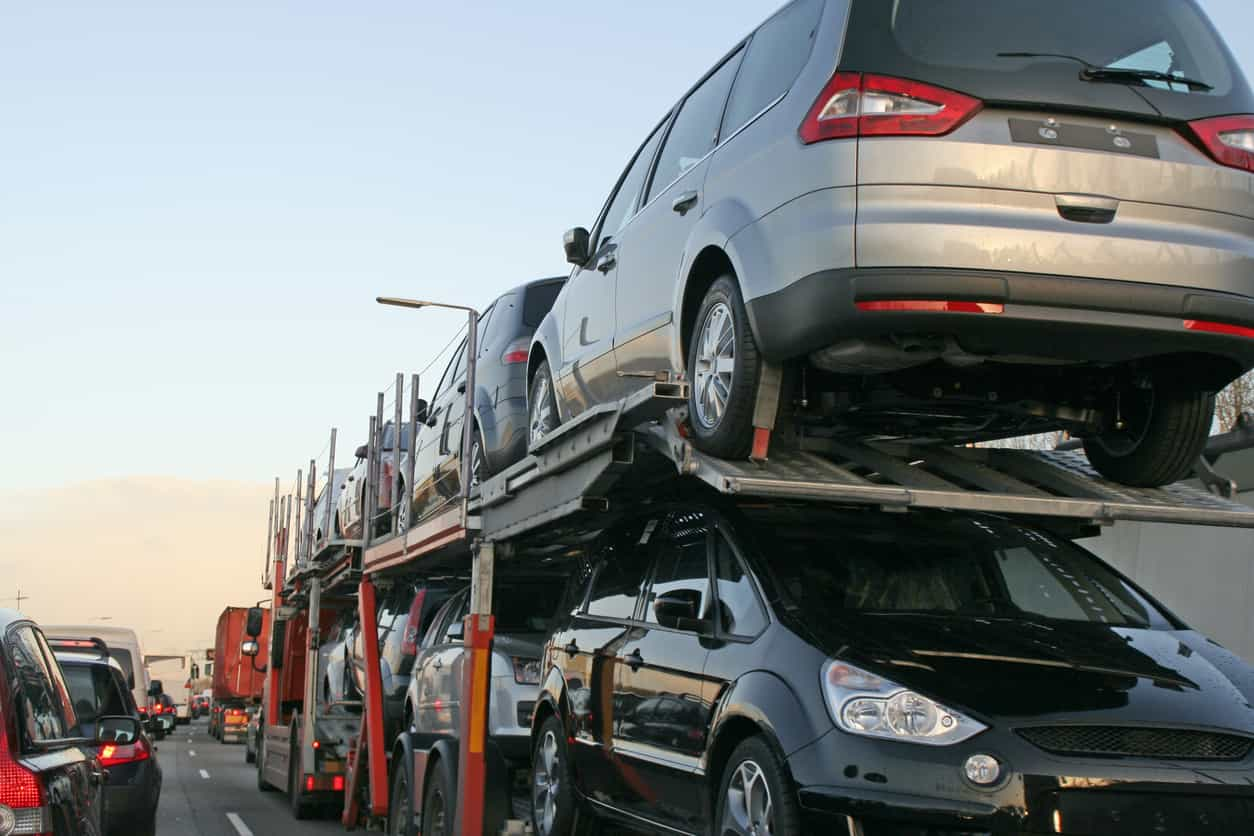Understanding the Basics of Insured Car Shipping To begin our journey into the realm of insured car shipping, it is crucial to grasp the fundamentals. Car shipping, quite simply, is the process of transporting a vehicle from one location to another. This method can be used when you’re moving, selling a vehicle, or importing a car you’ve bought from another state. Now, let’s delve into the concept of “insured” car shipping. Insurance, in this context, serves as a safety net for your vehicle during transit, ensuring you’re covered in case of damage or loss.
Car Shipping Methods Different car shipping methods offer a diverse array of benefits and drawbacks. Broadly, we categorize these into two: open transport and enclosed transport.
Open Transport Open transport is the most common method for car shipping, primarily due to its cost-effectiveness. In this method, vehicles are loaded onto a large, open-air carrier alongside other cars. However, this option exposes vehicles to external elements, including weather and road debris.
Enclosed Transport On the other hand, enclosed transport offers a more secure but pricier alternative. Vehicles are loaded into an enclosed carrier, providing extra protection from the elements and potential road hazards. This option is ideal for expensive, classic, or exotic cars.
The Importance of Shipping Insurance You wouldn’t drive your car without insurance, and the same should apply when your car is being transported. Even though the majority of shipments arrive without incident, there is always a risk of damage or loss. Shipping insurance offers financial protection in these cases, mitigating potential losses.
Evaluating Insurance Policies Insured car shipping providers should offer insurance as part of their service, but it’s crucial to understand what the policy covers. Always inquire about the extent of coverage, potential exclusions, and the claims process before signing any agreement.
State Specific Regulations Shipping a vehicle to or from certain states can present unique challenges due to variations in state regulations. Therefore, understanding these variations is essential for a smooth shipping process.
Shipping in Coastal States Coastal states often have port cities, which can facilitate smoother and cheaper car shipping operations. However, certain weather patterns, such as hurricanes, can impact shipping schedules and safety.
Shipping in Landlocked States On the other hand, shipping to or from landlocked states can be more challenging due to the lack of port facilities. However, the potential risks from maritime issues are naturally eliminated.
Prepping Your Vehicle for Shipping Before your car hits the road or sea, certain steps should be taken to ensure it’s ready for the journey. Start by removing personal items, as these are typically not covered by insurance. Next, conduct a thorough inspection of your car and document its condition, which will be crucial if you need to file a claim later. Finally, ensure your car is in good running order – unless it is specified as inoperable at the time of booking.
Conclusion Shipping your car insured is not just about handing over the keys to a transport service. It involves understanding your options, evaluating insurance policies, acknowledging state-specific regulations, and preparing your vehicle appropriately. With the right knowledge and a reliable shipping service, you can ensure your car arrives safely at its destination.
Frequently Asked Questions
1. How much does insured car shipping typically cost?
The cost varies based on factors like distance, car size, transport method, and insurance coverage. On average, it can range from $500 to $1200.
2. How long does the shipping process usually take?
The shipping time depends on the distance between pick-up and delivery locations. Typically, it may take anywhere from 1 to 3 weeks.




